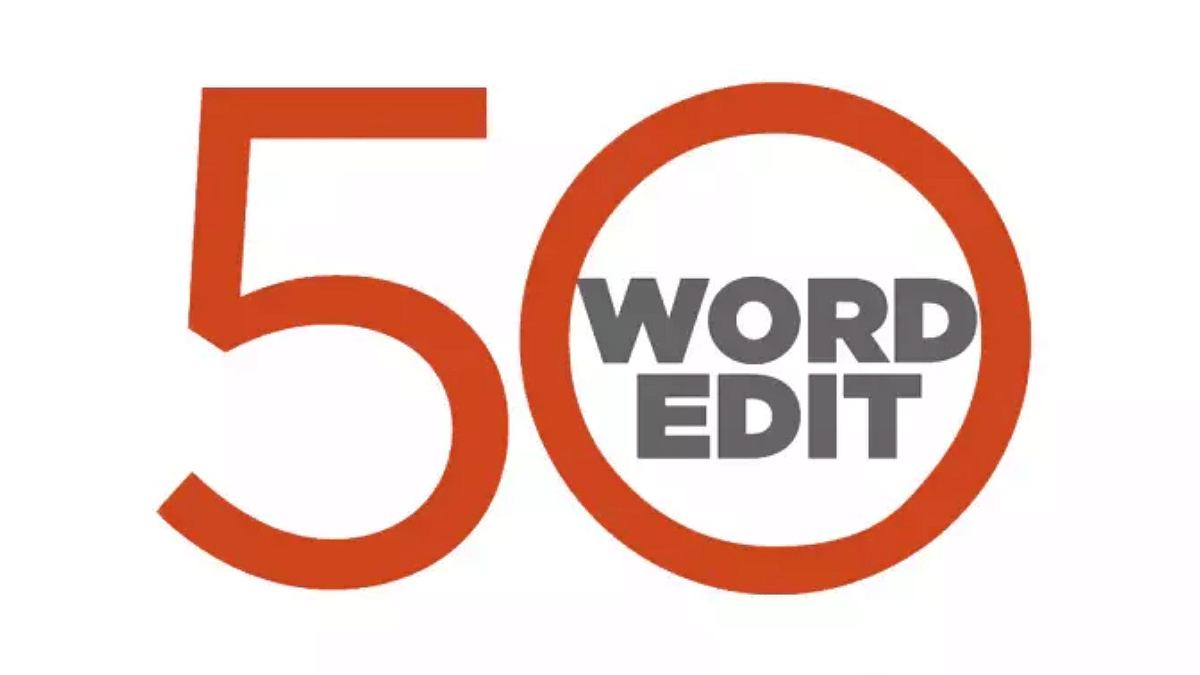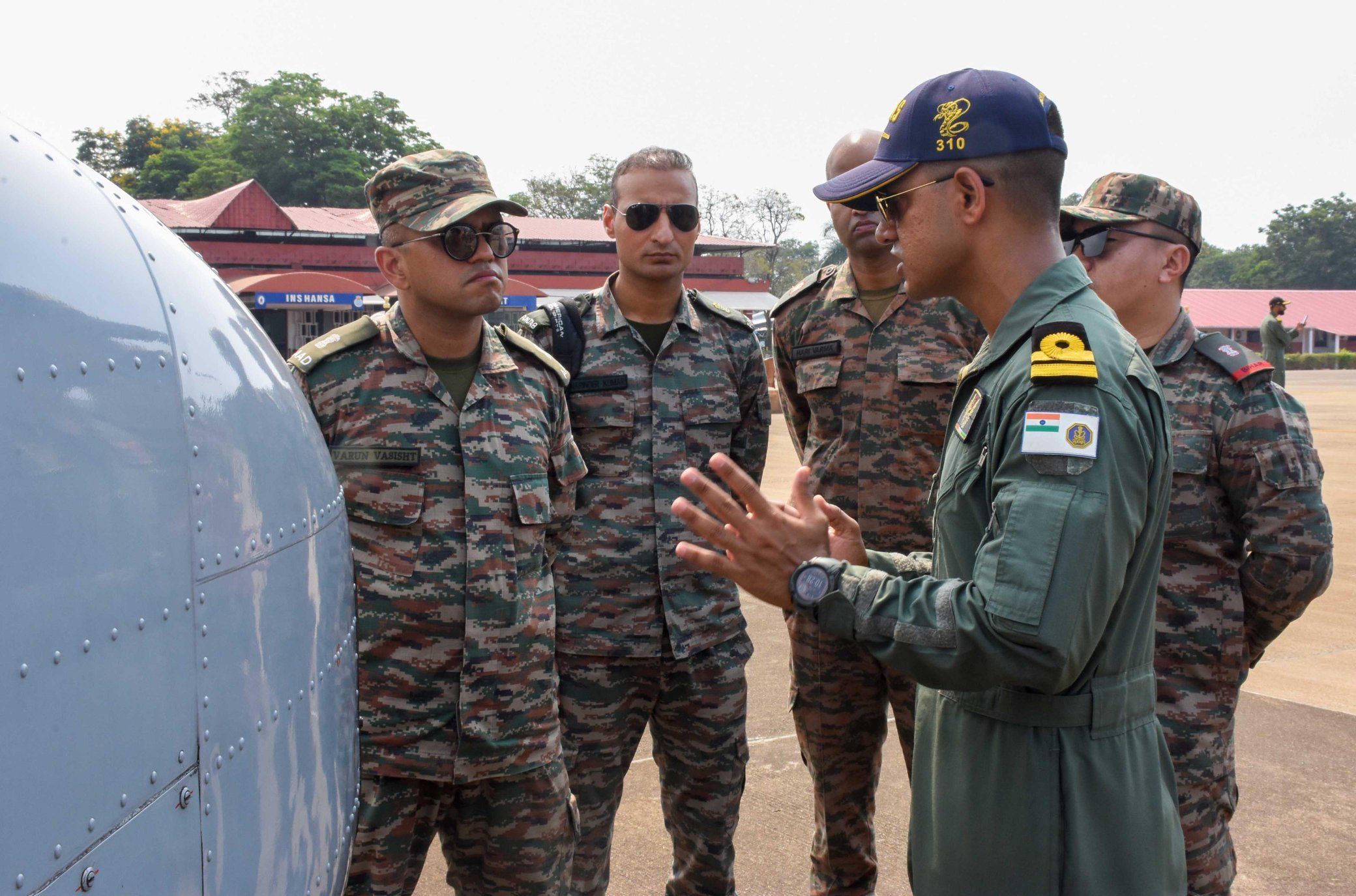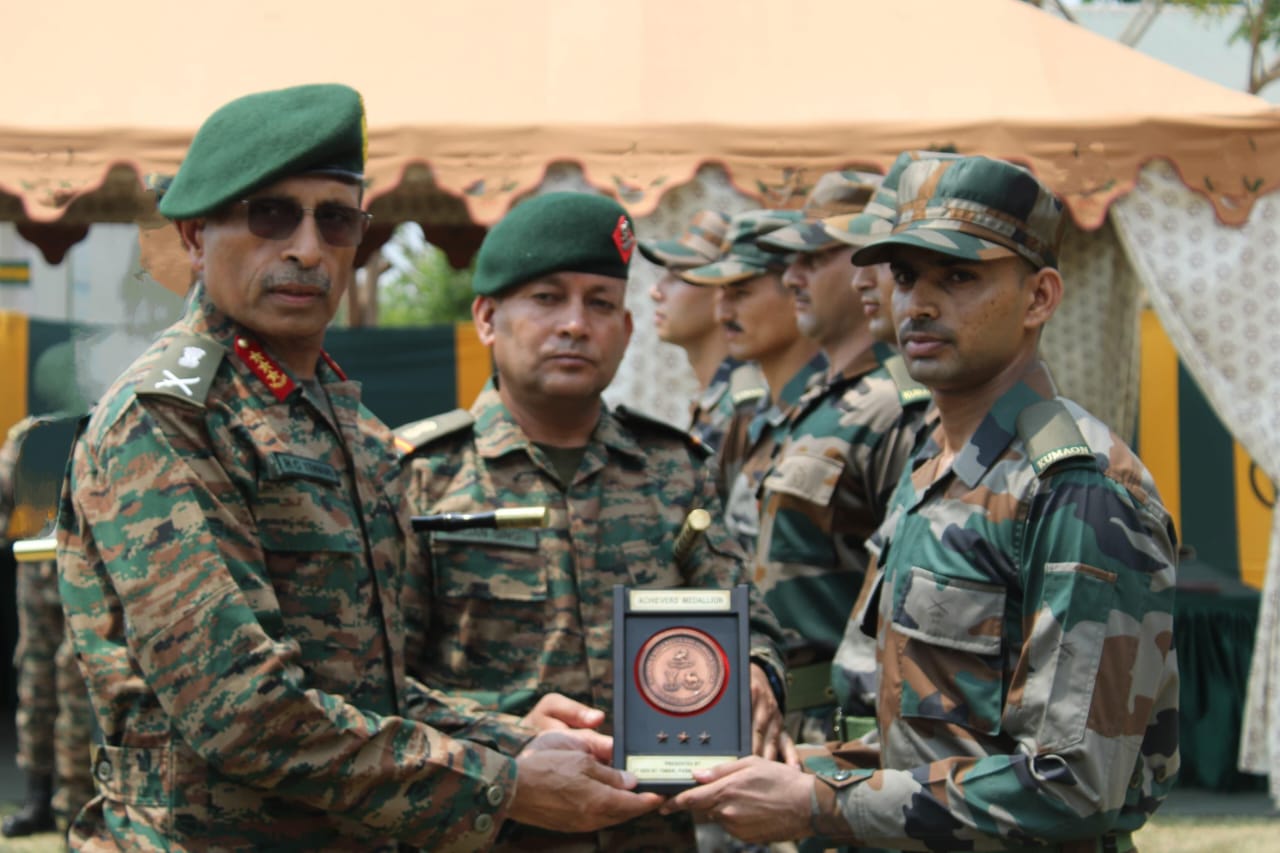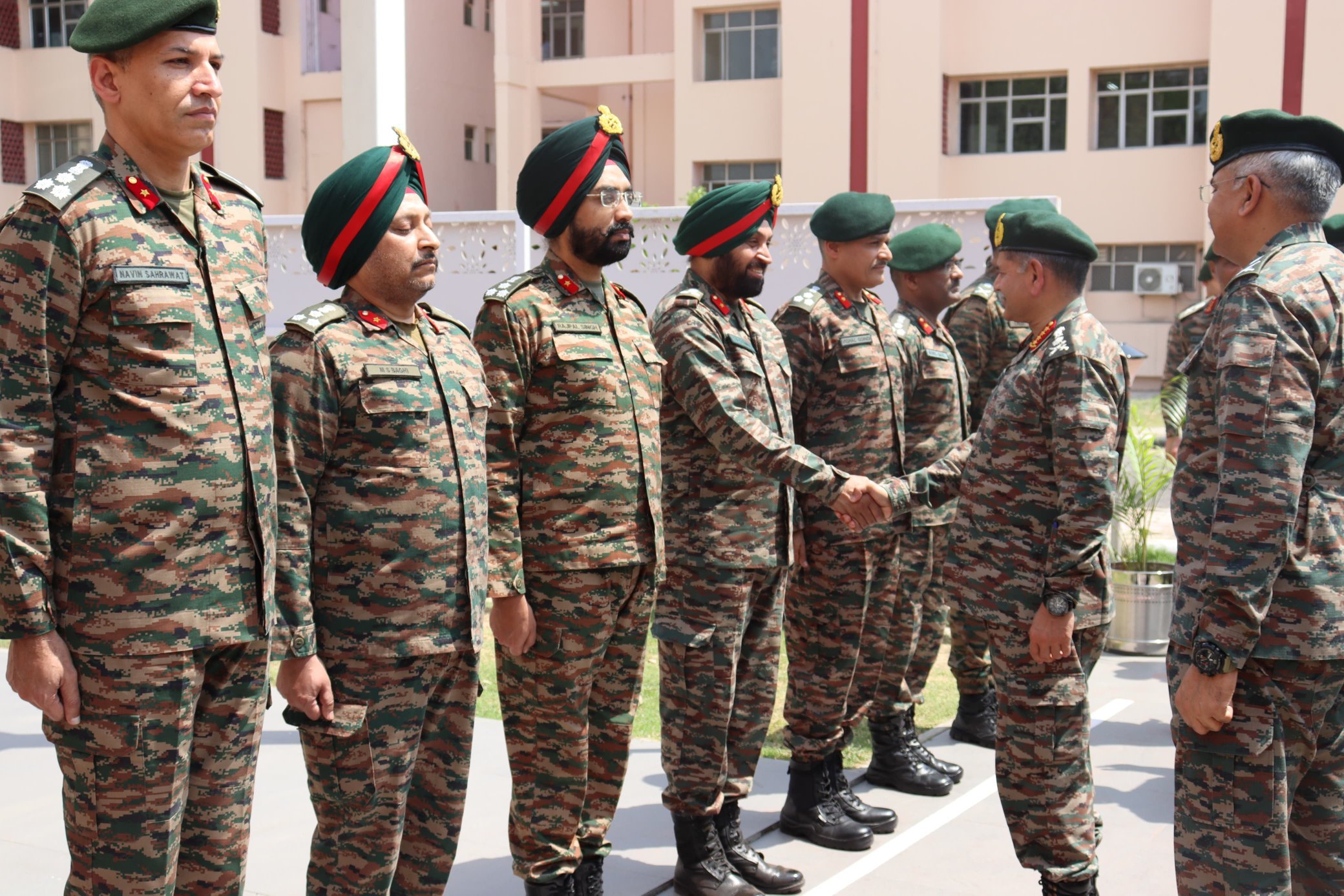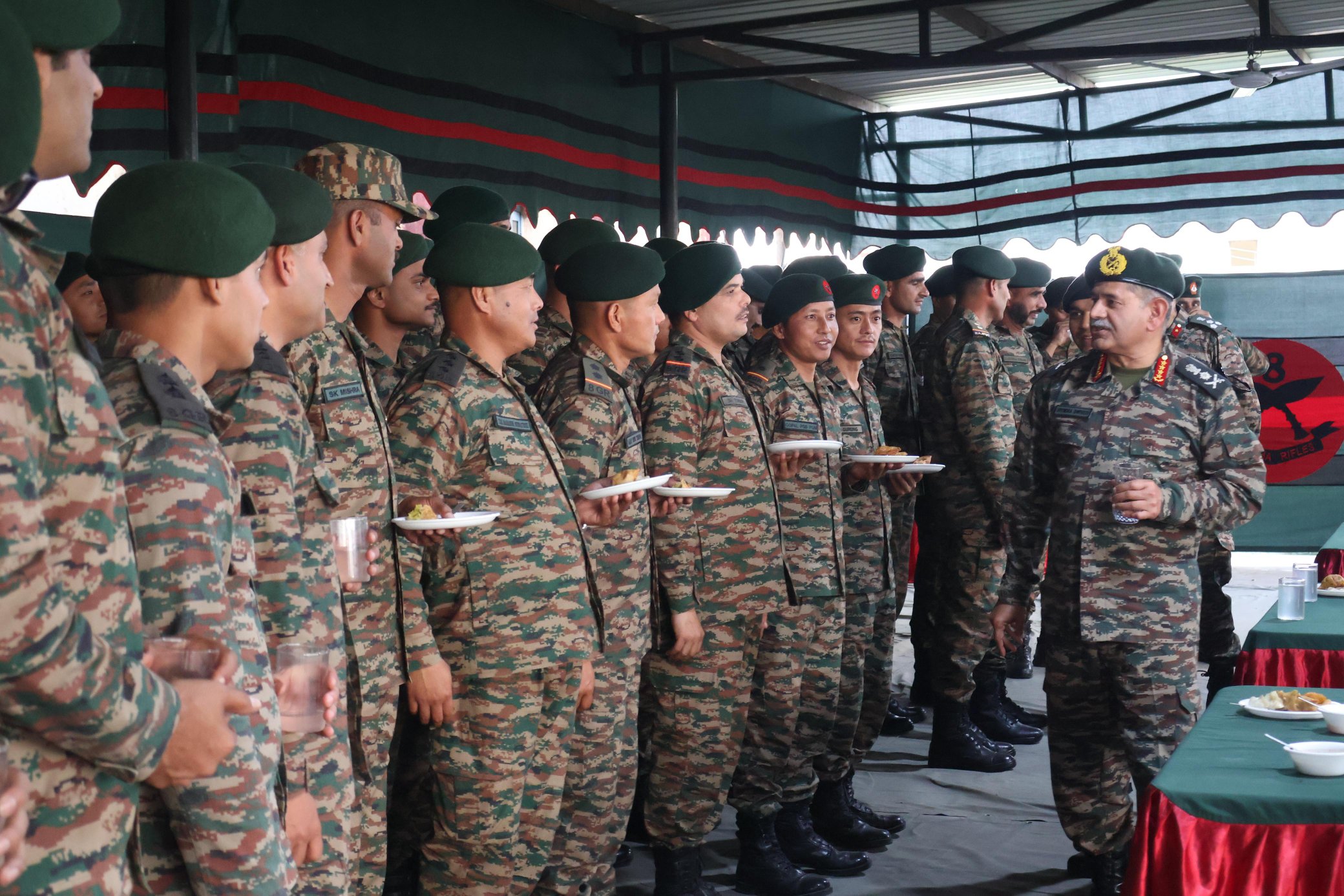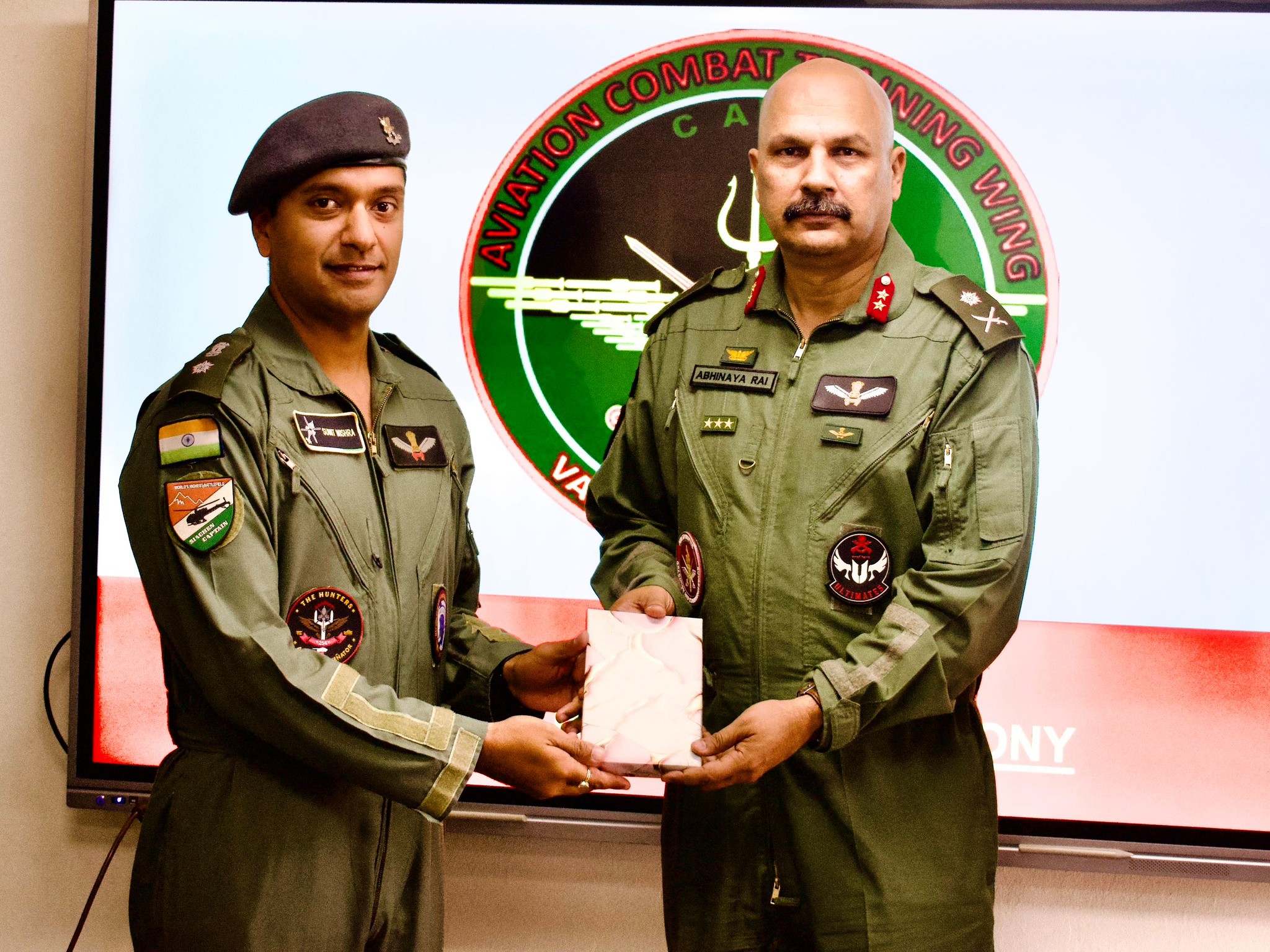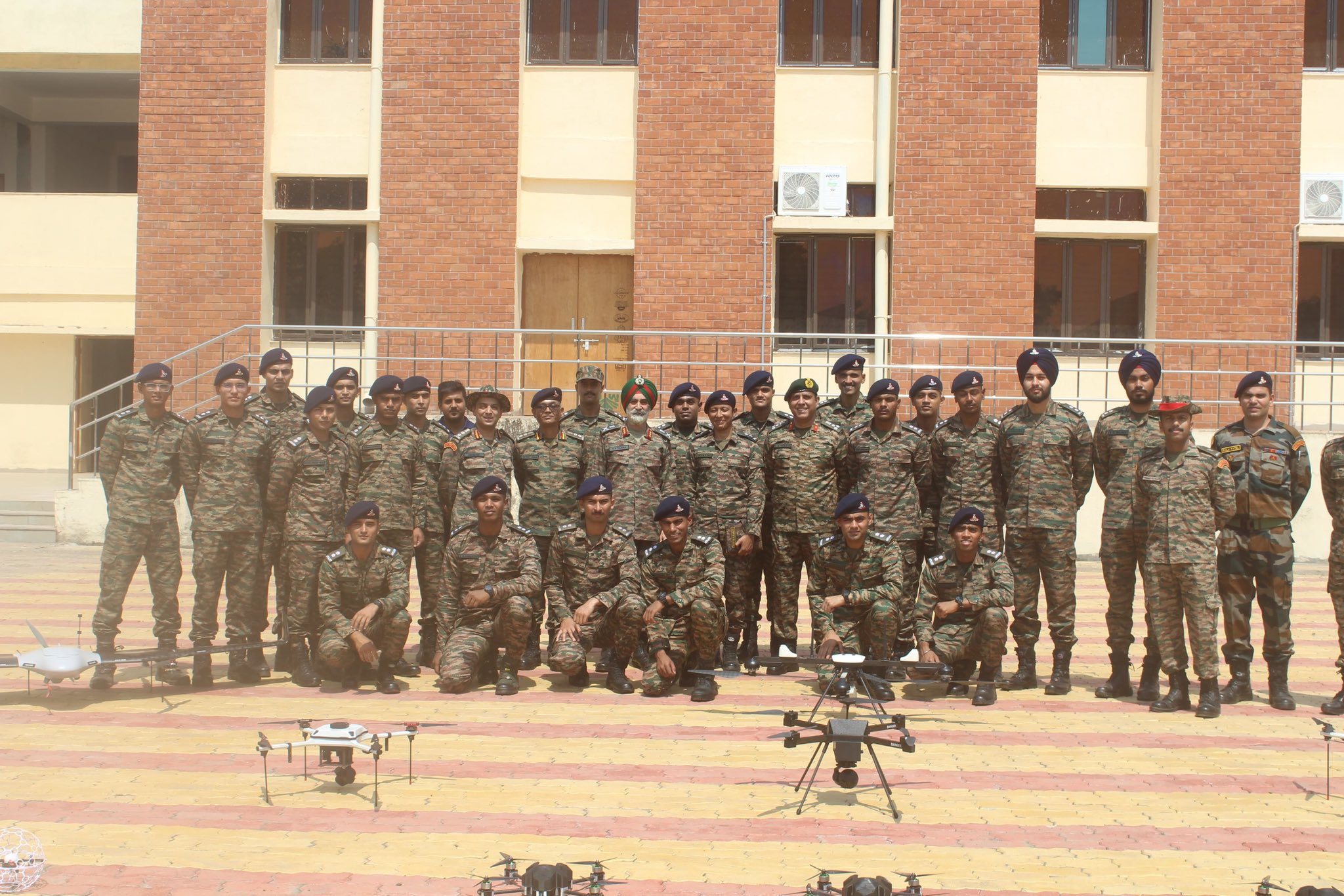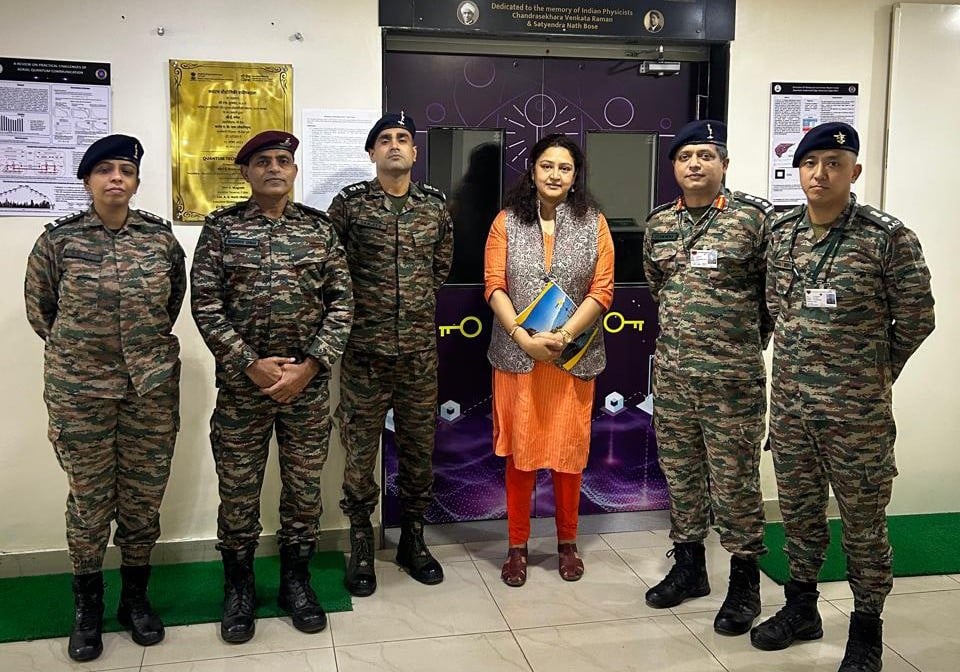The development of the Twin Engine Deck Based Fighter (TEDBF), a crucial project for the Indian Navy, has become a focal point of discussion, particularly in light of past failures with the Tejas Navy program. Stakeholders emphasize the importance of avoiding a repeat of the delays and mismanagement that plagued the earlier initiative, which has since been abandoned. Experts advocate for the Indian government to implement stringent deadlines and establish clear accountability measures for the Defence Research and Development Organization (DRDO), Hindustan Aeronautics Limited (HAL), and the Indian Navy. This strategy aims to ensure not only the timely execution of the TEDBF project but also its overall success, given its significance to India’s maritime capabilities.
In a separate development, the Reserve Bank of India’s Monetary Policy Committee (MPC) has decided to keep interest rates unchanged, a move that has caused considerable confusion among economists and market analysts. The MPC’s stance appears inconsistent with its own forecasts. While the committee pointed to inflation as the predominant concern—outweighing the need for growth—it simultaneously projected a decrease in food prices starting in January. Additionally, the MPC has downgraded its growth estimates for the third and fourth quarters as well as for the entire fiscal year. Critics of the MPC’s approach argue that this narrow focus on inflation could have detrimental effects on the economy, suggesting that a more balanced consideration of growth and inflation dynamics is necessary to foster long-term economic stability. The dual challenges presented by these key issues highlight the need for a comprehensive strategy in both defense procurement and monetary policy to ensure robust national security and economic health moving forward.

